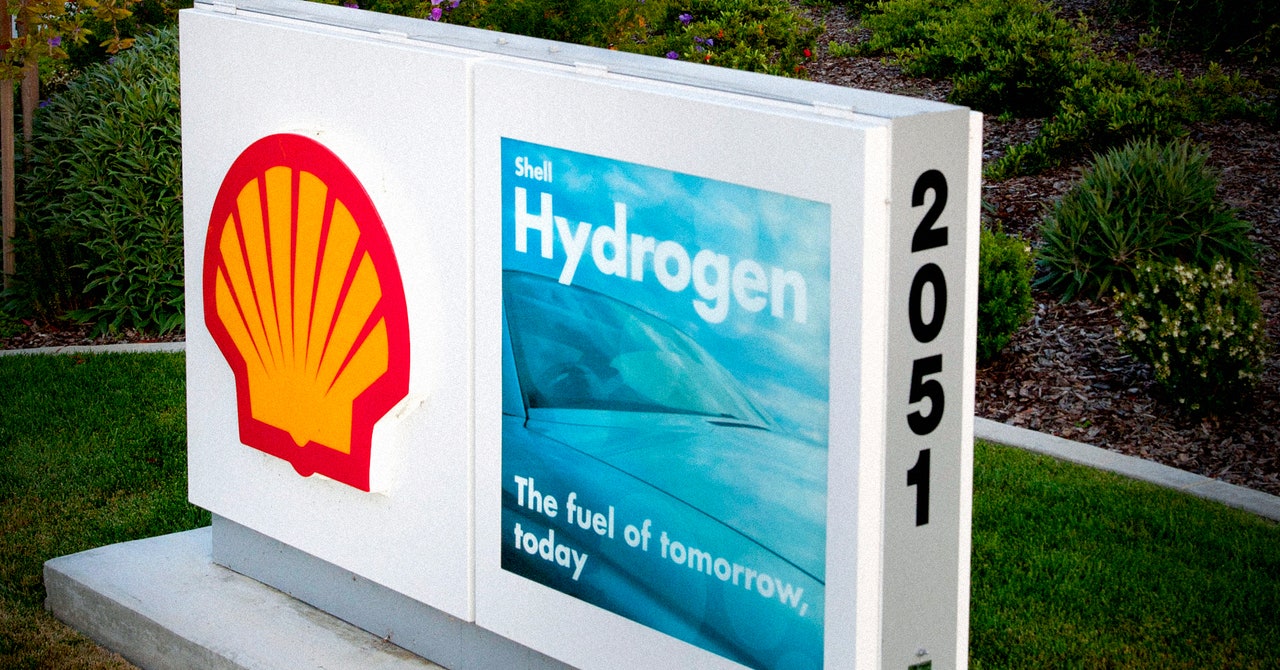In the meantime, Fulton says California has pivoted to building infrastructure for heavy-duty vehicles like trucks and buses, with the hope that the passenger market can reboot with the help of a growing freight market.
By focusing on the heavy-duty market, California can, in theory, create a stronger supply of clean hydrogen that brings costs down and increases availability, says Fulton, who is also an advisor to ARCHES, the California hydrogen hub that has won $1.2 billion of conditional funding from the US Department of Energy.
“ARCHES is targeting 50 to 60 truck-oriented stations around the state by 2030, and with different fueling islands and pressure systems, those could also service light-duty vehicles,” he says.
California’s difficulties with hydrogen vehicle infrastructure have driven home some stark lessons about the wider use of the technology.
“The problem is, they’re expensive, and they require enormous amounts of maintenance,” says Jim Bowe, a Washington, D.C.-based partner at King & Spalding, an international law firm. “Fleets that have been looking at the possibility of hydrogen buses often balk when they realize how much more maintenance, not only for the refueling facilities, but also for the vehicles themselves, is required relative to internal combustion engines or batteries.”
California-based FirstElement Fuel, another hydrogen fueling station provider, is positioned as a potential winner amid the crisis for the sector. Operating under the name True Zero, it currently has the most operating hydrogen fueling stations in California, but is still working to become profitable, according to sources familiar with the company. (FirstElement executives did not respond to requests for an interview.)
According to Iwatani’s lawsuit, Nel was able to hide the fact that the stations it installed were not operational until early 2023, when continual failures led Iwatani to launch its own investigation.
Nel achieved this subterfuge by requiring Iwatani to enter into an exclusive maintenance contract with Nel, essentially shifting the cost of testing the stations to Iwatani, the lawsuit claims.
Nel’s current CEO, Håkon Volldal, an individual defendant in the case, acknowledged the failings around the same time. In an earnings call last year, he said of the hydrogen fueling stations: “I think it’s fair to say that the technology that was installed was immature, and that the quality was not good enough, and we struggle with all the work we have to do in order to keep these stations running, to fix issues, to send personnel out on site.”

